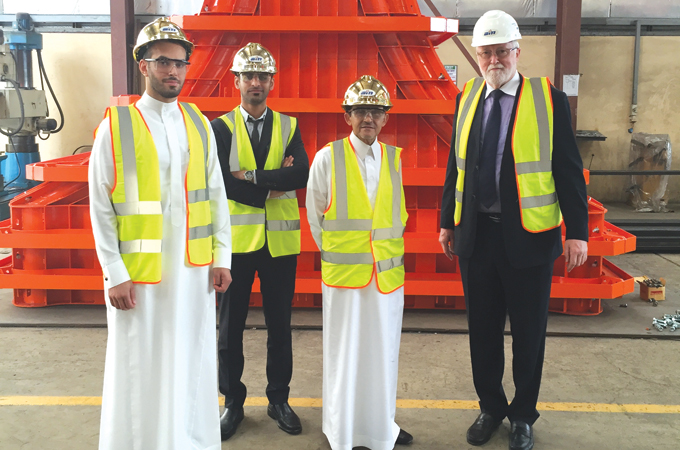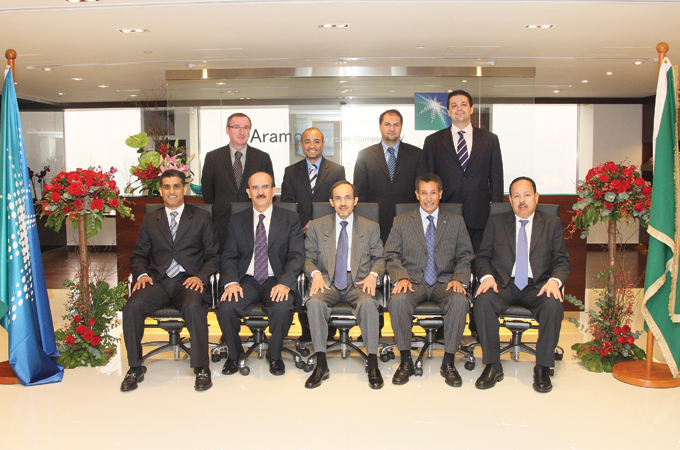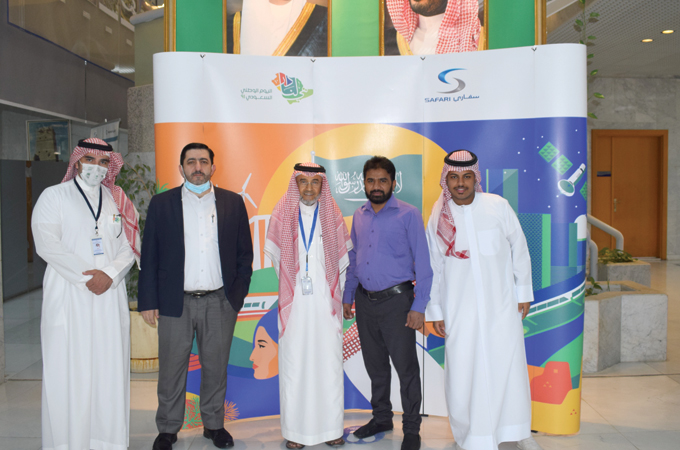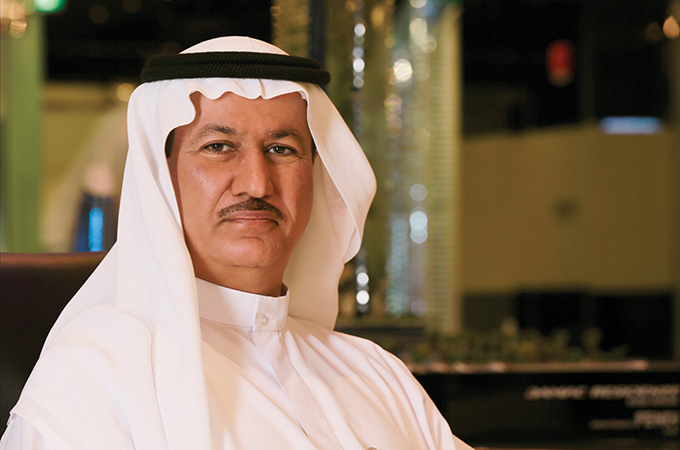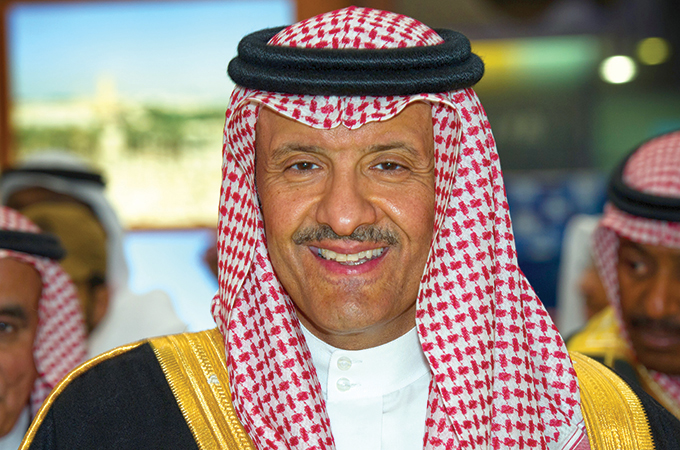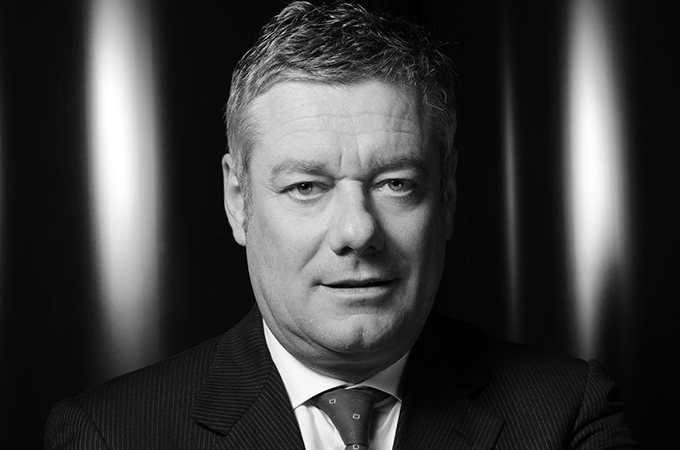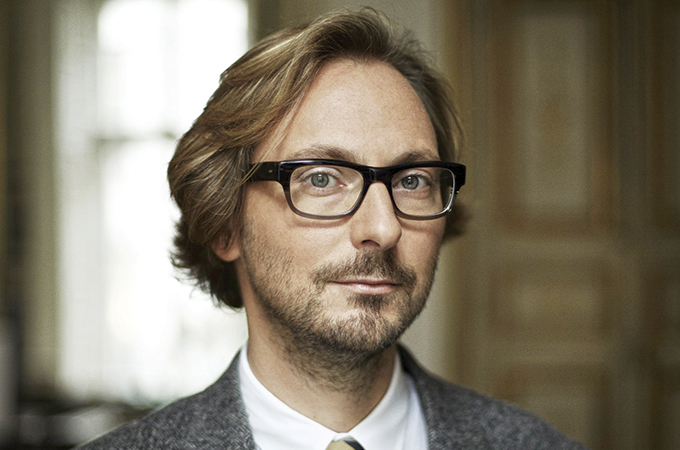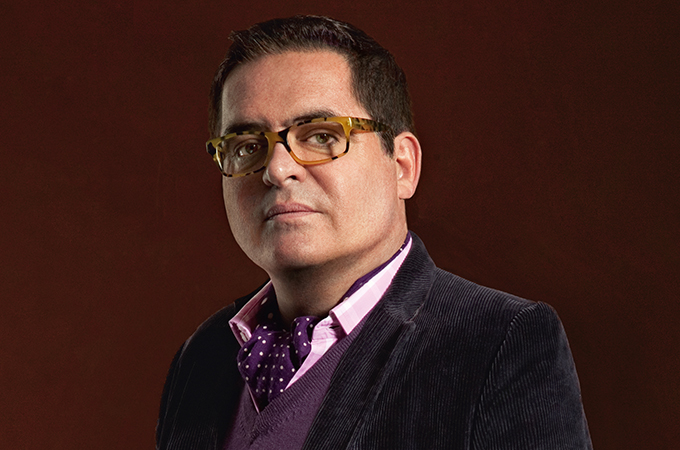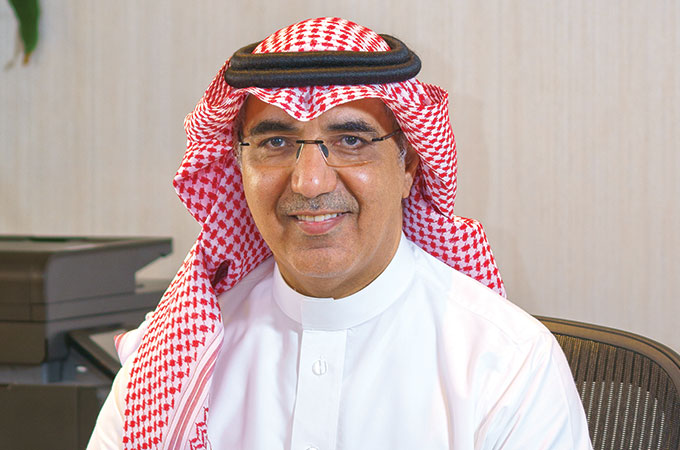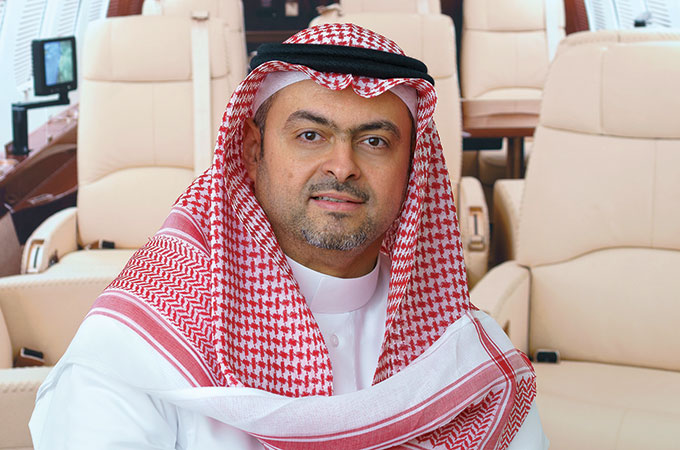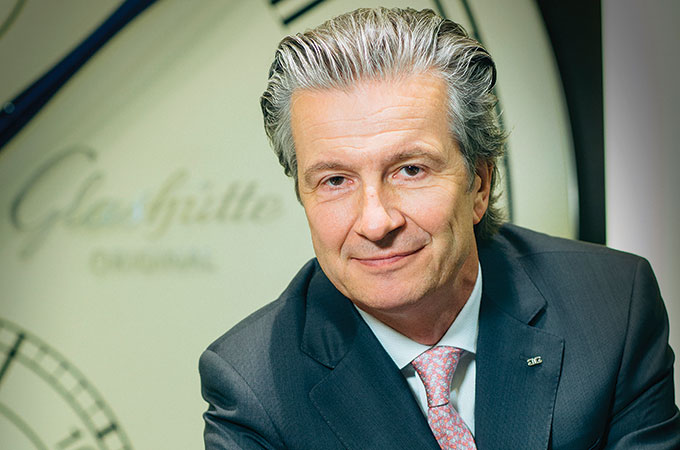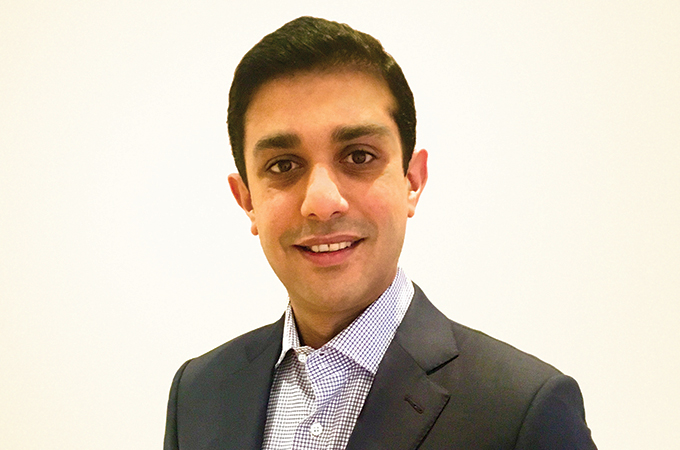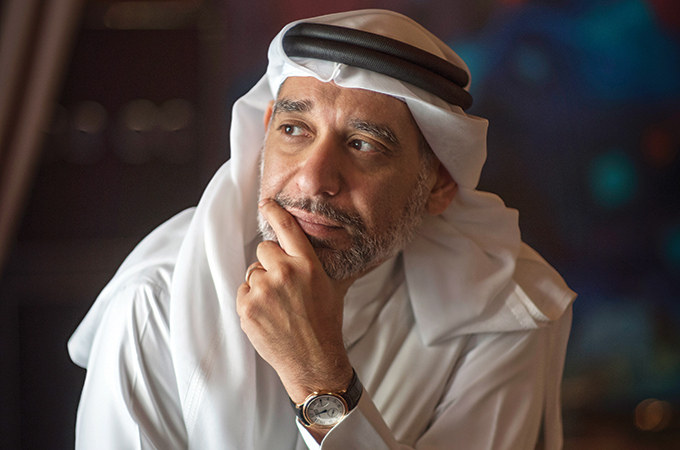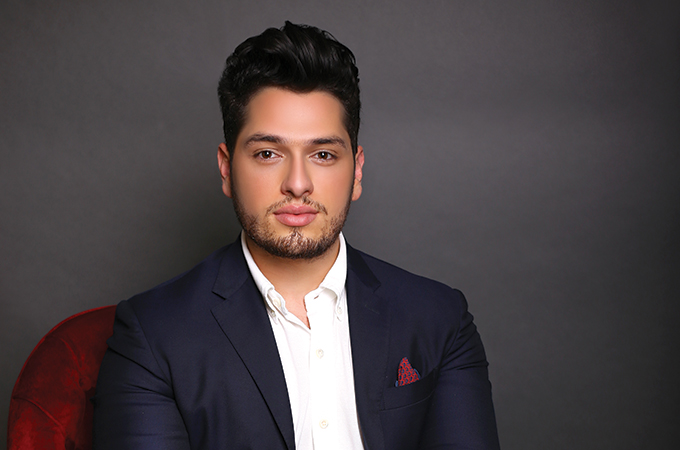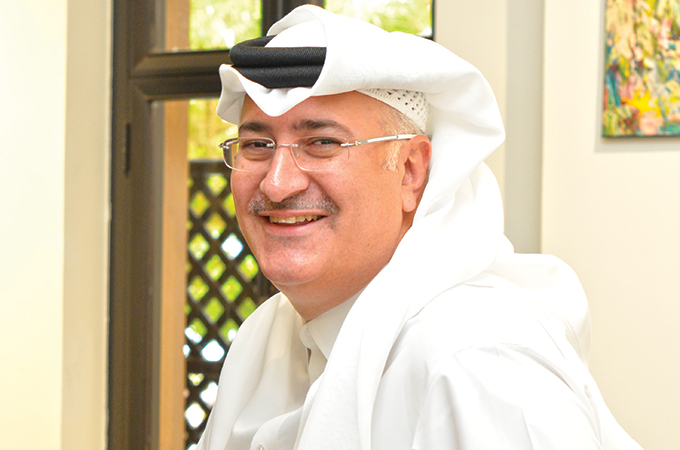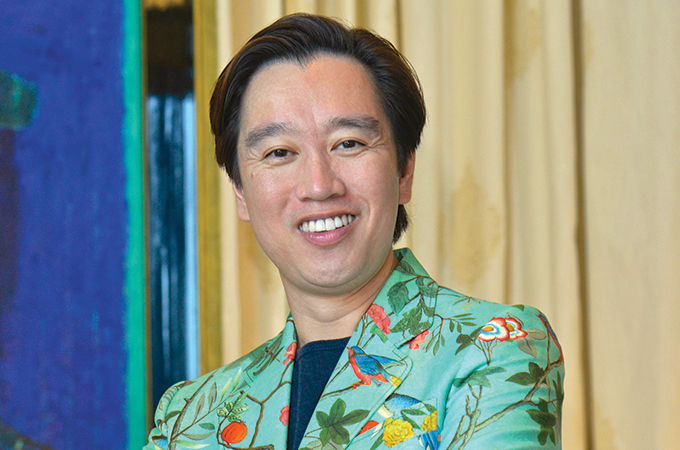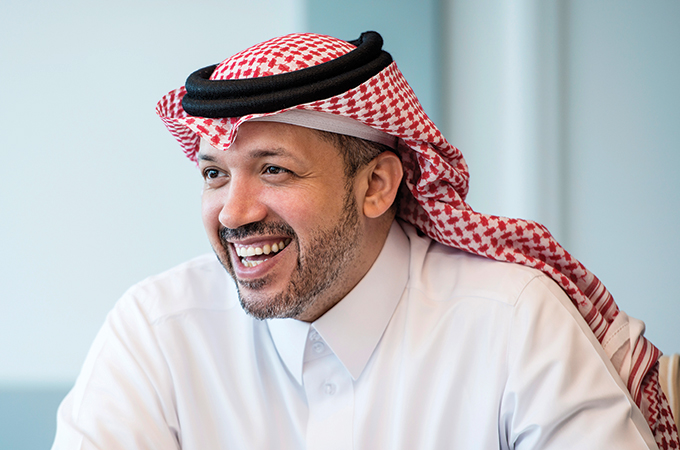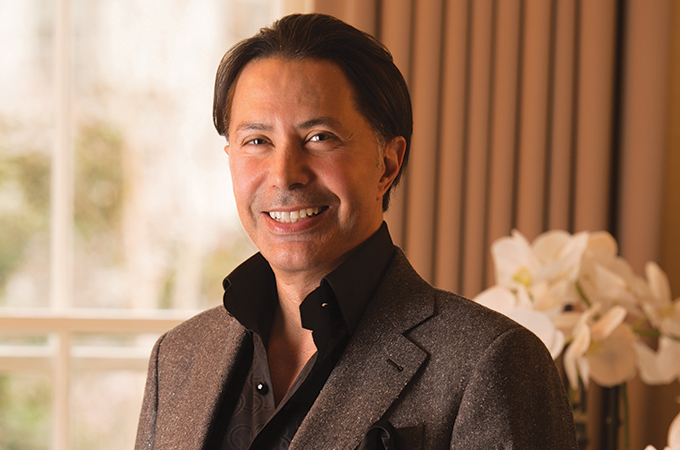Autumn 2021
A journey of a thousand miles begins with a single step. This popular saying could sum up the life’s adventure of Salim Al Aydh, our Business Leader of this issue.
At the age of six, on a dark night in the high mountains of Saudi Arabia, Salim took the first step to progress and growth, literally from darkness to light and since then has crossed thousands of miles across the world flying the flag of his company and the nation and achieving great heights for himself.
Salim Al Aydh, Chief Executive Officer of Safari and former Senior Vice President of Saudi Aramco, has had an illustrious career spanning more than four decades.
Al Aydh radiates a shadow of achievement larger than life. His gentle tone, supported by a disarming smile, is often like oil on troubled waters. Compassion and grace are natural to the top executive who doesn’t hesitate to stop key meetings when touched by human circumstances.
Despite having had the opportunity to brush shoulders with the highest echelons of society, he remains humble and remembers the arduous path to progress with nostalgia.
Al Aydh recounts: “I was born in a very small farming village in the mountains of Asir in southwest Saudi Arabia, a truly beautiful area. My father was working at Saudi Aramco at Ras Tanura, about 2,000 km away and I was in the village with my mother and an older sister.”
Even at that young age of six, he was the ‘man of the house’ while his father was away, and his mother taught him the meaning of being responsible.
The family was keen that Salim should be educated and there was no school nearby. His father asked the young boy to join him in Ras Tanura. Salim recalls how, filled with anticipation and trepidation, he went with his mother on a gloomy night, walking about 5 km, to meet a family friend who would take him to Ras Tanura.
It wasn’t easy for his mother to send him off. Questioned about it in later years, she told Al Aydh: “You had to get educated and become strong to be the man that I see you are today.” Surely, words of great satisfaction.
Saudi Arabia of those days was very different from the plush, modern kingdom now.
On the first journey to Ras Tanura, he remembers: “We took off in an old car through the desert. About a day and a half later the driver said, ‘I am lost; I can take you no further’. He wanted to leave us in the desert to wait for help. I was certain that this was dangerous and would get us killed. Early the following day, we saw dust on the horizon, and we jumped in the car and headed toward the dust, which had been raised by another car. We met the driver and asked for directions.”
This was an early lesson for the corporate world’s future executive. Al Aydh says he learnt that ‘when lost or not certain – stop where you are, ask for help, stay with the problem and wait for help’. It is better to wait for a solution than to keep going in the wrong direction, he avers.
In fact, Al Aydh looks at every hurdle in life through this prism of learning and there were many that he crossed as the journey of life unfolded – a journey of thousands of miles and hundreds of experiences.
Everything from the electric bulb to railways to many other aspects of city life were new to him in Ras Tanura and endowed with inquisitiveness and a spirit of enquiry, he wanted to learn more about them.
Salim and his father lived in a small bachelor’s camp for Aramco employees. “He would go to work every day, and I would go to school. I ate daily at a small restaurant next to the camp and when I came back from school, I would go there and wait for him. I was good at school and my father was proud of that,” he recounts.
Al Aydh, who in later years climbed the corporate ladder to become a key Aramco executive, says his admiration for and attachment with the company began very early. “One hot day in August, I went to the Ras Tanura refinery for the first time and stood at the fence, staring at the refinery. I felt an incredible connection, as if I belonged there. I think at this time, I became a part of Aramco…,” he reminisces.
Salim was good in mathematics and this gave him tremendous confidence. When he reached the 9th grade, he joined Aramco’s apprenticeship programme. After the first year, Aramco offered select students employment and Salim was one of them. “So, at the age of 16, I decided to take the employment programme. I was still studying; my grades were high, and I was offered a scholarship,” he says.
For the young achiever, everything started happening quickly. He got married at the age of 19 and a few years later Aramco sent him to university in the US.
“I went to the US in 1976 where I started studying at Kilgore, Texas, and was joined by my family. By this time, I had a daughter, Amal, and my first son Faisal. Our second son Said was born in the US in 1977. I then moved to the University of Tulsa, Oklahoma where I finished studying mechanical engineering in 1979,” he says.
A graduate from a US university with sufficient refinery experience should be offered a senior position, right? That is what Al Aydh thought. But the red carpet was not yet rolled out for the youngster – ambition should be made of sterner stuff.
“The first job I was given by a senior engineer astoundingly was to count and map out all the relief valves. I knew this plant back to front and this assignment made me realise he was teaching me a lesson. I quickly understood that a career is a long ladder with many steps and that you need to climb the full ladder to get ahead and not ‘jump the rungs’– because when you fail you fall hard. The lesson the senior engineer gave me was that you must take the time to understand what it is that you have to do and gain the experience needed,” he says stoically.
Soon the Ras Tanura Terminal management saw the worth of the young graduate and started to rotate him to different positions in the department. “Every six months I was transferred from one job to another. I was moved from maintenance to engineering and then to almost every position possible.” Within three years he was appointed the Division Head of Refined Products Operations, the youngest to be appointed to the position at the age of 29.
“I was then moved to Juaymah gas plant to take over as Operation Products Division Head. This was a major gas plant where gas is being separated into ethane, propane and butane and the ethane is compressed and pumped to the chemical plants in Jubail,” he remembers.
Now Al Aydh had a firm seat in the saddle with the growth trajectory looking promising. In the meanwhile, an incident at the plant showed his immense presence of mind and commitment to the company, bringing him a lot of respect from colleagues.
He recounts: “In August 1987, a dense summer fog caused a power shutdown at the plant. I received a call at 2.30 am advising me the plant had shut down. Being aware of the criticality of supply continuity, I went straight in and started bringing the plant back into operation. At 6.30 am when we normally had a conference call with all team members to review the previous day’s work, we heard a loud explosion, I thought we had been attacked. I went out and there was a big fire already. It was suspected that during the shutdown a small valve was left open and gas had escaped and that a security vehicle had driven through the gas cloud and set off an explosion. Rushing to the gas plant, I didn’t see anyone, all I saw was fire and damage from this huge explosion. I knew that this fire could damage the gas columns and even spread to the tank farm causing major damage and more explosions. I realised that the fire monitors had to be opened and I rushed over and started opening them and suddenly people came from everywhere and started helping to open other fire monitors. Had we not done that, the damage would have been significant and could have caused huge production delays,” he says.
Following this incident, he earned great respect from colleagues for the courage he had shown in protecting the assets and people. “This incident helped me to understand the meaning of leading. By exposing myself (I thought I might die, but felt it was okay to die to protect others), I had inspired others to respond and the situation was brought under control,” Al Aydh weighs in.
As his career progressed so did the challenges and there were many really defining moments. One of them was during the first Gulf War. When Iraq invaded Kuwait, Al Aydh was in London, on way to the US to do a management programme at the Harvard Business School. He asked his seniors if he should return, but was advised to finish his studies.
“This was the most difficult time in my family life,” he says. “With my wife and children at Ras Tanura and I in America and Iraq invading Kuwait, I counted every hour until I was back home.”
On returning from Harvard, he was assigned as the Manager of the Marine Department at Ras Tanura, responsible for supporting the oil operation with supply vessels, tugs, maintenance boats, and barges operating in the Arabian Gulf. During this time, on one occasion as the Coalition forces were getting ready to push Iraq out of Kuwait, Al Aydh had to use his persuasive skills to get scared workers on the barges to move to supply the much-needed oil for war efforts.
There was uncertainty and fear everywhere, workers were evacuating all round. People could see smoke from burning wells in Kuwait in the sky and the air was very dense. As hordes of people started going inland to safety, Al Aydh was determined to get things going and headed to the border and the barges; and convinced the workers to stay. This timely intervention was much appreciated and long spoken about, recounts a former colleague of Al Aydh.
Now was time for the hard work to be rewarded and in 1992, the big break came – Al Aydh was promoted to General Manager of all pipelines, a huge network of pipes across the kingdom. In 1993, he was made the Vice President of Saudi Aramco Downstream Development, again the youngest to take this position at the age of 39.
“During this period, we developed joint ventures with leading companies in China and Greece. I am proud that the first oil contract with China, signed in Shenzhen, for about 20,000 bpd was negotiated and signed during my tenure,” he says. In 1997, he was transferred to Saudi Aramco Affairs, which included Public Relations, Publications and Government Relations.
“I was lucky to have the first and probably the most successful inauguration of an oil facility in my time. HRH King Abdullah was the Crown Prince at that time, and we had a very successful Royal Visit and inauguration,” he recalls fondly.
Tracing his further progression in Aramco, he recollects that he was appointed Senior VP Gas Operations in 2001 and moved to Engineering and Project Management, running mega and giga projects with programmes and budgets exceeding $10 billion.
“I don’t recall any project that ran behind schedule, I even recall some that ran ahead of schedule, and I am very proud of the achievements. My portfolio not only included engineering and project management, but also the whole supply chain for the company, marine services, aviation, transportation and heavy equipment supporting core business,” he says.
One of his key contributions to Aramco and in the realm of equipping the young Saudi population with the skill sets needed was the establishment of Saudi Aramco Café.
“I realised we had a young population with a lot of energy and started looking at how we could use this to the benefit of the kingdom. I felt this could be done only through stakeholder discussions and cooperation throughout the economy and started Saudi Aramco Café, a concept of bringing people together to discuss ideas that could change the future.
“We wanted to stimulate organisational learning and agility and many of the current initiatives may have stemmed from the Café sessions,” he says.
The hard work and commitment to the nation did not go unnoticed. In 2012, he was advised that HRH King Abdullah had requested him to work as the CEO of the King Abdullah Humanitarian Foundation.
This special three-year assignment (even while he was employed by Aramco) offered a great opportunity for him to lead a major organisation in the humanitarian field, an area so dear to him.
“I spent about three years working directly for the King to develop the foundation’s role and governance. We were successful in providing a good structure for the organisation, and identified the focus areas such as health, education, economic development, peace and security, social relief, religion and inter-faith dialogue. We also aimed to help people change the way they looked at other people and religions and encourage acceptance of them.”
Now he was at the peak of his career and achievements, but he had already reached three score years and must hang his boots having left an indelible impression on the company and people he had come to meet.
“If you ask me what I left behind – I can say I left having earned full respect from everybody there and that is very important. Sometimes you leave behind seeds and later you look at them, you are happy with how they have grown,” says a proud Al Aydh.
However, a sprinter can’t suddenly be made to rest on a couch. “I retired at the age of 60 financially sound and stable but found myself bored after six months of doing very little. My previous years had been hyperactive with developing projects. I found myself wanting to participate in the progress of the country, be active again and play a role in the society,” he says.
The flesh was willing and the spirit was strong too, so Al Aydh decided to get involved again to help industries such as construction and took the role as CEO with El Seif, a leading construction company in the kingdom, and later on joined Safari, another leading company in the field of construction, facilities management, trading and investment.
Moving from gas and oil to construction has challenges and construction is a tough business, he continues. As a CEO in the construction industry, the main challenges are structuring businesses solidly to face the future, implementing robust governance, processes, procedures and then ensuring they work, he says.
“I have endeavoured to introduce effective governance at Safari, putting in robust procedures and policies to safeguard the assets of the company. Every week, I point out to key individuals and departments where improvements are needed and how they can be carried out. People are encouraged to produce their best voluntarily.”
Speaking on leadership strategies and keeping employees motivated, he says: “A leadership team should focus on the strategic imperatives, aims and vision for the company, aligning themselves across all positions. Management in organisations is like a skin that needs to be scrubbed regularly to remove dead areas and keep the whole layer effective, functional, and healthy. An innovative culture is needed working as a team to make tomorrow better than today, working towards strategic development goals, measurable objectives and creating valuable assets for the company and its shareholders.”
Commenting on the changes happening in the construction sector, he says: “The construction sector needs to stop doing things the way they always have and search for better, more efficient ways to do things. We need to get involved in research work, aligned with universities, to come up with new materials, energy-saving methods during and after construction and use modern materials to make not only the construction process, but the end product also efficient and sustainable.”
Speaking on the future for the company, he says: “Safari is in very challenging business environments, and I am working on these challenges, constantly adapting, improving and asking, ‘How can we make a difference?’ When an organisation trusts you and gives you the freedom, you need to move forward and make the changes needed.”
We ask the industry veteran who has seen many a challenge in his decades of career, what will be the new normal after the Covid-19 pandemic. “Covid gave us the opportunity to look at ourselves and to understand that we had the ability to adapt to global challenges. It assured us that we could adapt and opened our eyes to technology and its uses. We are now better than before and constantly improving as a result. We are going to lean towards technology and AI more and more in the future,” came the reply.
We also ask what are the steps needed to make Saudi Arabia a true industrial hub for the world? “In Saudi Arabia, we are blessed with a great country, two Holy Mosques, a thriving youthful population which is a wealth in itself, and energy opportunities in abundance. We need to make Saudi Arabia a centre of excellence with outreach into the rest of the world and this should be the aim of every Saudi citizen. We need people and companies reaching out across the globe from Saudi Arabia, constantly working hard to make it a better place to be.”
He avers that Saudi Arabia is open for business, far more now than it ever has been. It is fast changing to be business friendly and there are great opportunities today for investors and even tourists. Saudi Arabia is unfolding culturally and its once hidden natural treasures are being opened up for the world to come and see.
“My personal passion is to see young Saudi men and women uplifted and flourishing. I have a young grandson and I want him to be welcomed as an engineer in Chile as that is the farthest point away I can think of – and they should know of and want Saudi engineers because they are good and work hard.”
And Al Aydh has a resounding message for the kingdom’s business leaders: “Saudi Arabia has the greatest opportunity for growth and development in the world today. Saudi Arabia wants the best of the best globally to come and live and work with us to build a better future, not only for Saudis but for all mankind. It’s a kingdom of energy and we want people and companies that are leaders in their fields to come and be a part of this overall centre of excellence we are building.”




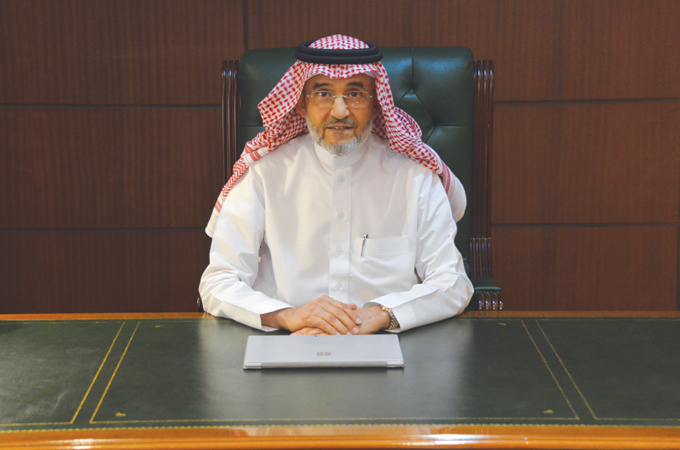


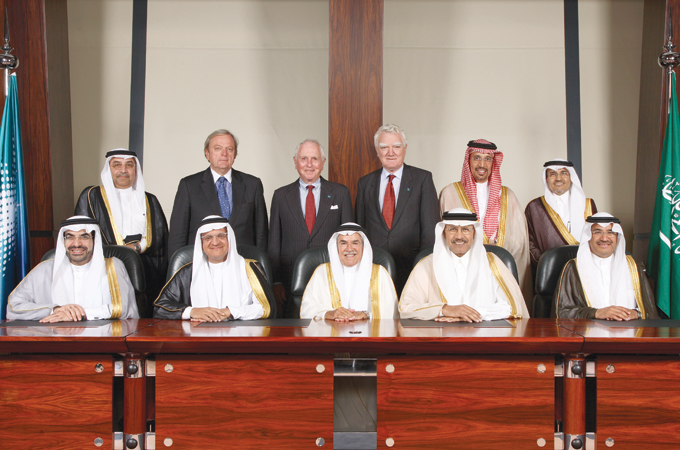
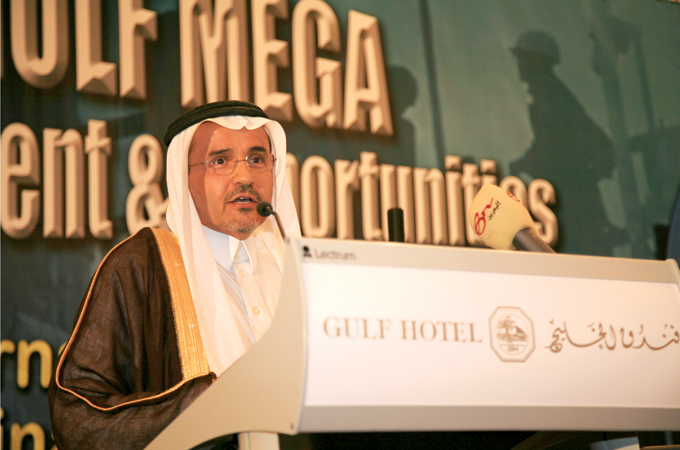
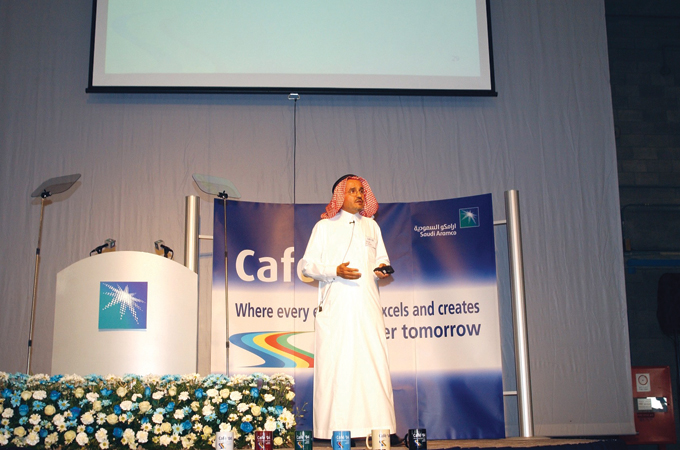
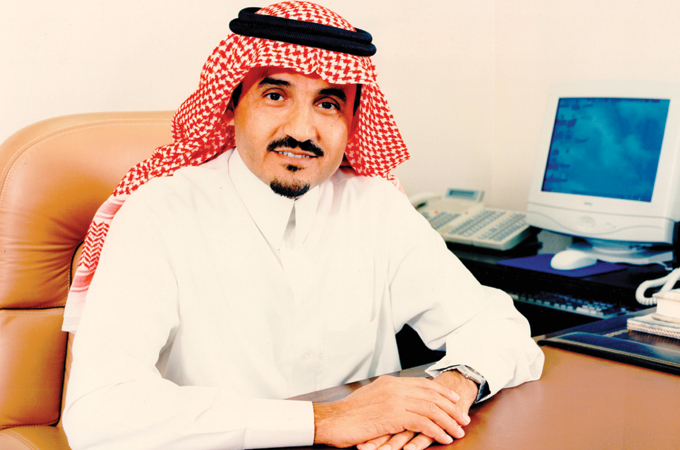
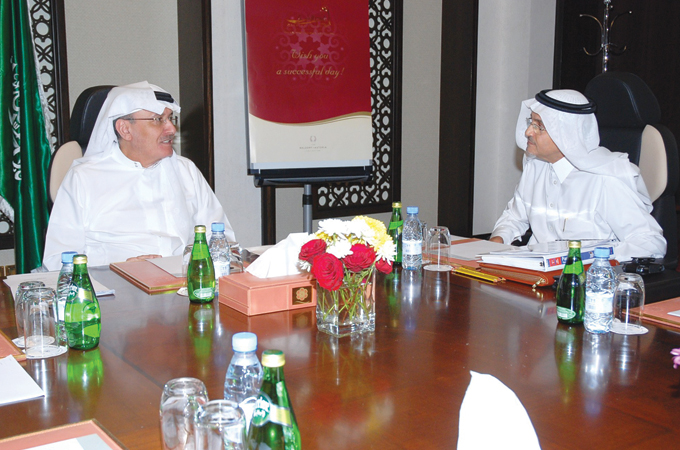
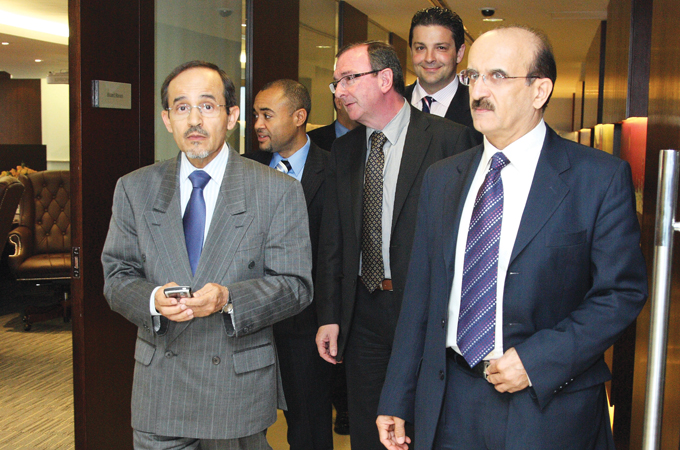
.jpg)
